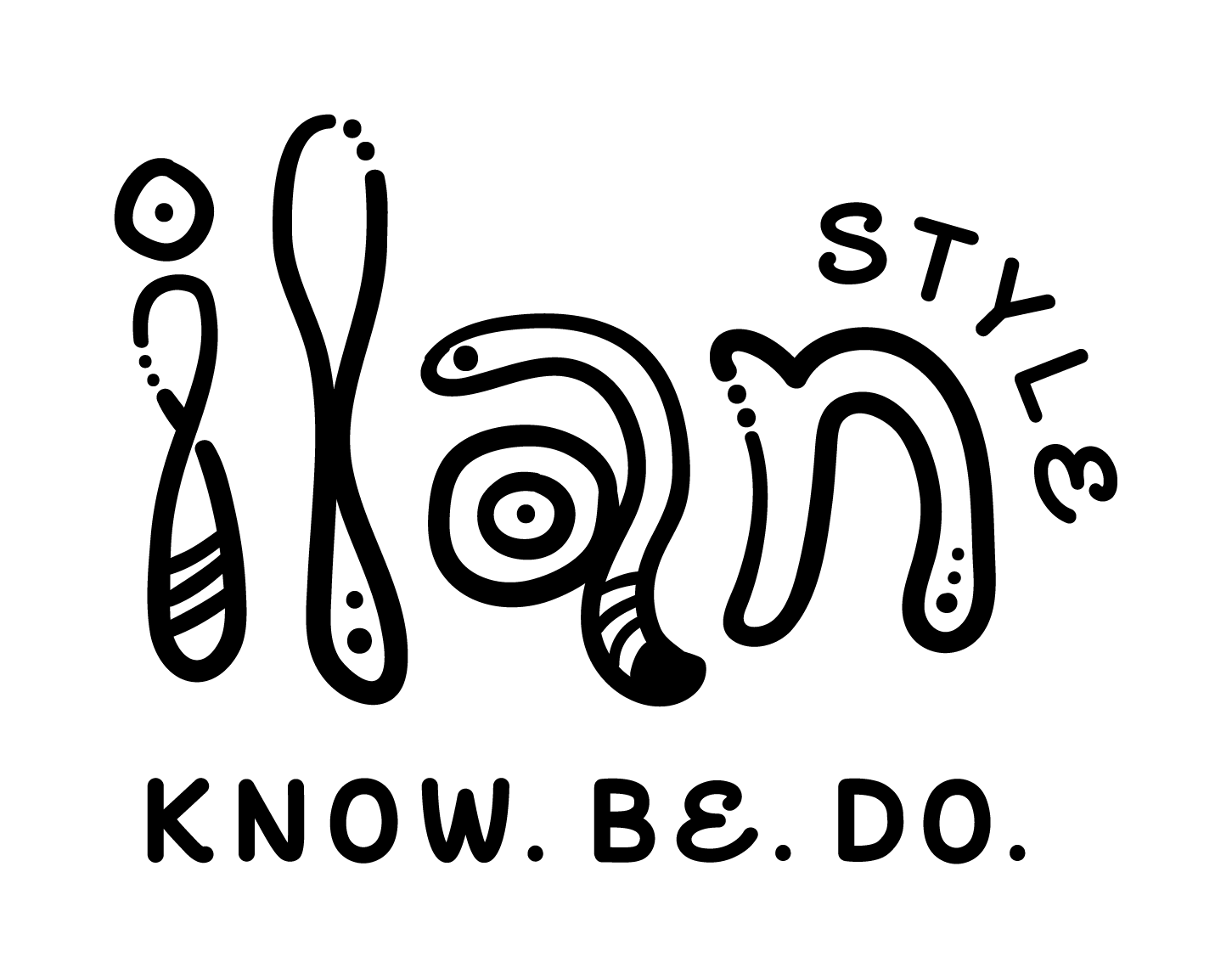Discover how to show support and respect for First Peoples cultures during NAIDOC Week by being a good Ally.
Understanding the significance of NAIDOC Week
NAIDOC Week is an important celebration of the history, culture, and achievements of Aboriginal and Torres Strait Islander peoples. This week provides an opportunity for all Australians to learn about and acknowledge the contributions of First Peoples Australians, and to take the time to learn about the history and significance of NAIDOC Week.
During NAIDOC Week, various events and activities are organised across the country to promote a deeper understanding of First Peoples culture and heritage. It is a time to reflect on the rich history of Australia's First Peoples and to celebrate their ongoing contributions to the nation.

Educating yourself on First Peoples’ history and culture
Part of Allyship is educating yourself about the history, traditions, and cultural practices of Aboriginal and Torres Strait Islander peoples. Take the time to listen and learn about the diverse First Peoples cultures, languages, and art forms that exist across the country.
A great way to learn more is to read books, watch documentaries, and listen to podcasts that share First Peoples perspectives and voices.
By educating yourself, you can challenge stereotypes and misconceptions, and contribute to the recognition and promotion of Aboriginal and Torres Strait Islander rights and culture.
Supporting Aboriginal and Torres Strait Islander businesses and artists
One meaningful way to show support for First Peoples communities is by supporting Aboriginal and Torres Strait Islander-owned businesses and artists. Seek out and purchase products and artworks created by First Peoples entrepreneurs, designers, and artists.
By supporting Aboriginal and Torres Strait Islander businesses, you contribute to economic empowerment and self-determination within First Peoples communities. This helps create sustainable opportunities and promotes the preservation of cultural traditions.
For a list of some businesses to support see: https://ilanstyle.com.au/blogs/blog-posts/first-peoples-businesses-to-support-this-national-reconciliation-week-and-naidoc-week
Listening to and uplifting First Peoples’ voices
Listening to and uplifting First Peoples voices is an essential part of being a good Ally. Actively seek out Aboriginal and Torres Strait Islander perspectives and stories, and amplify their voices in your own circles.
Attend community events, panel discussions, and workshops where First Peoples speakers share their experiences and insights. Take the time to listen and learn from their lived experiences, struggles, and triumphs.
When engaging in conversations about Aboriginal and Torres Strait Islander issues, be respectful and open-minded. Acknowledge and validate the unique perspectives and knowledge that Aboriginal and Torres Strait Islander people bring to the table. By actively listening and uplifting First Peoples’ voices, you contribute to a more inclusive and equitable society.
Taking action and advocating for First Peoples’ rights
Allyship is not a passive action. It is not about ‘being’ an ally, but rather enacting allyship. This means taking action and advocating for First Peoples rights. Use your platform, whether it be through social media, community organizations, or workplace initiatives, to raise awareness and support Aboriginal and Torres Strait Islander causes.
Share relevant articles, petitions, and resources to encourage others to get involved. Support First Peoples-led campaigns and organisations that work towards social justice and equality for Aboriginal and Torres Strait Islander peoples. Stand up against racism and discrimination, and actively challenge systemic barriers that perpetuate inequality.
Remember that Allyship is an ongoing commitment. Continuously educate yourself, listen, learn, and take action to create a more just and inclusive society for all.




